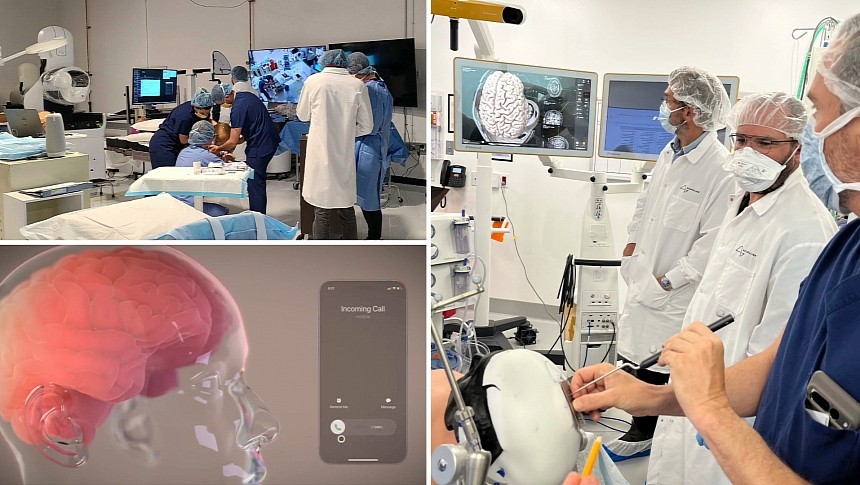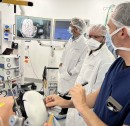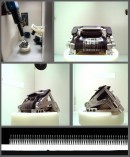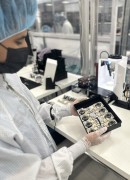We all know how optimistic Musk is regarding timelines, so we thought a brain implant would take much longer to become a reality. Still, in May 2023, Neuralink received the FDA's approval to start human brain implant trials. It took another four months before the company began recruitment for the first clinical trials. Based on the announcement, people with quadriplegia due to cervical spinal cord injury or amyotrophic lateral sclerosis (ALS) are the top candidates.
We're only four months past that moment, and Elon Musk announced that the first human had already received a Neuralink brain implant. Musk thinks the patient is recovering well, and the initial results show "promising neuron spike detection." Intriguingly, Neuralink remained silent on the company's social media account, which means it might not be as optimistic as Musk. We'll certainly know more in the coming days.
Musk also announced Neuralink's first product, which, believe it or not, is not the brain implant. Instead, it's "Telepathy," which enables people to control a phone or computer with the power of their thoughts. Of course, controlling a computer opens a whole world of possibilities, so a Neuralink implant could one day turn humans into Cyborgs. Musk is more modest about the current options, though, and says that initial users will be those who have lost the use of their limbs.
To allow all this, Neuralink does need a brain implant (now called N1), which, in this case, is more like the espresso machine some companies give away to sell you their overpriced capsules. The N1 implant needs a robot (R1) to perform the surgery and connect it to the brain. A human doctor would not have the precision or speed to do this accurately and quickly enough.
The implants come with ultra-fine, flexible electrodes that are precisely inserted in the brain region that controls movement intention. Once implanted, the N1 is cosmetically invisible, receiving and transmitting brain signals wirelessly to an application that decodes movement intentions.
Musk adds that the end goal here is to have a disabled person communicate faster than a speed typist and gives the example of Stephen Hawkins. Well, not everyone has as much to communicate to the world as Hawkins, but interacting natively with a computer could one day save humanity. That is, if the communication is not going backward, allowing computers to control humans instead.
Here's what the Neuralink implant is designed to enable: pic.twitter.com/ImrSkxT0h7
— Sawyer Merritt (@SawyerMerritt) January 29, 2024
The first human received an implant from @Neuralink yesterday and is recovering well.
— Elon Musk (@elonmusk) January 29, 2024
Initial results show promising neuron spike detection.
Enables control of your phone or computer, and through them almost any device, just by thinking.
— Elon Musk (@elonmusk) January 30, 2024
Initial users will be those who have lost the use of their limbs.
Imagine if Stephen Hawking could communicate faster than a speed typist or auctioneer. That is the goal.














